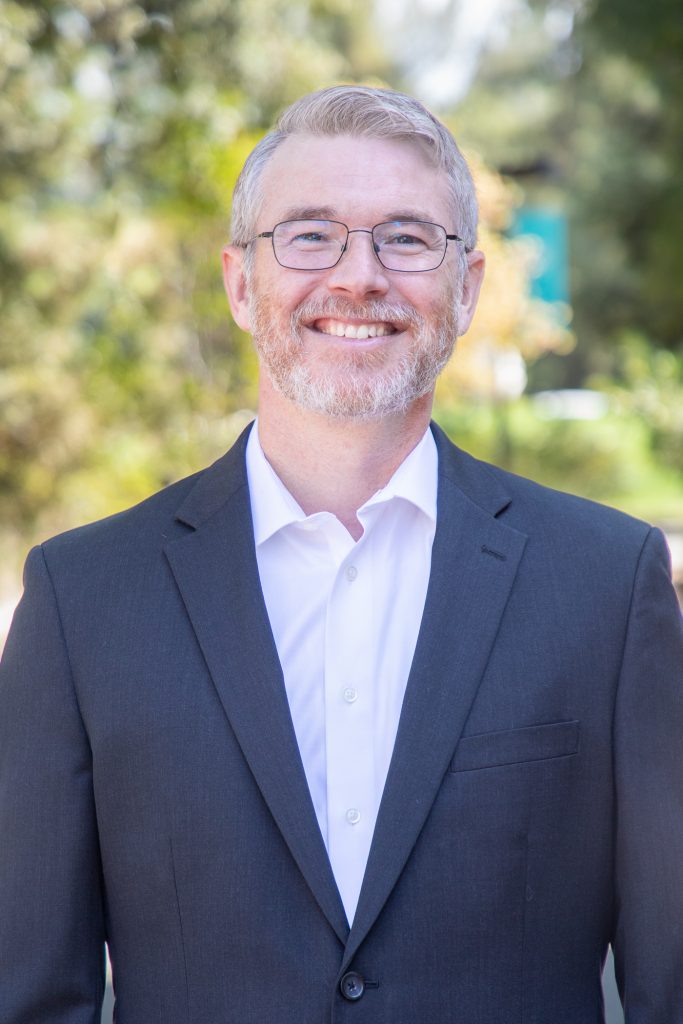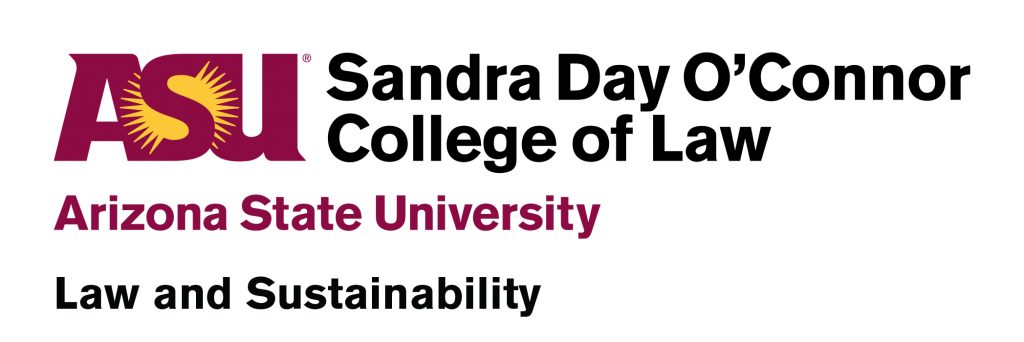About the Morrison Prize
The Morrison Prize is a $10,000 award presented annually to the author(s) of the most impactful sustainability-related legal academic paper published in North America during the previous year.
Eligibility
The Morrison Prize contest is open to full-time law professors who have published environmental sustainability-related papers in printed U.S. or Canadian legal academic journals during the contest period. The contest is not open to students. All papers appearing in a qualifying journal’s final 2023 issue or in an issue printed and circulated prior to December 15, 2024, fall within the 2025 contest period. Works-in-progress and papers that are not published before the deadline are not eligible.
Law journal articles focused on topics in environmental law, water law, energy law, natural resources law, land use law, disaster law, climate change law, or agricultural law meet the subject matter requirements for eligibility.
Judging process and criteria
The Morrison Prize seeks to recognize the paper published within the eligibility period that is likely to have the most significant positive long-term impact on the advancement of the environmental sustainability movement. All eligible papers entered into the prize contest will undergo independent review and scoring by a diverse group of full-time law professors who teach in environmental sustainability-related areas at four different accredited North American law schools.
The contest scoring system focuses primarily on a paper’s quality and originality of analysis and potential for real-world impact on policy developments directly related to environmental sustainability goals.
ASU Law will announce the 2025 Morrison Prize winner in February of 2025. The winner must present the winning paper in a special virtual event in the Spring of 2025 to claim the cash prize.
2025 submissions instructions
To enter the 2025 Morrison Prize contest, complete both steps below before Tuesday, December 31, 2024.
Step 1
Submit your information through our online form.
Step 2
Mail a cover letter and five (5) offprints of your qualifying paper to:
2025 Morrison Prize Contest
c/o: Troy Rule
Sandra Day O’Connor College of Law
Arizona State University
111 E. Taylor Street, Mail Code 9520
Phoenix, AZ 85004-4467
Entries postmarked by the deadline will be accepted. Nominations of Colleagues’ or peers’ articles are welcome but must include five (5) offprints. For any questions regarding the contest, please contact Troy Rule at 480-965-9553 or via Troy.Rule@asu.edu.
2024 Morrison Prize Winner

Karrigan S. Bork
Congratulations to Karrigan S. Bork, Acting Professor of Law at UC Davis School of Law, on winning ASU’s 2024 Morrison Prize for his entry on Water Right Exactions, 47 Harvard Env’t Law Rev. 63 (2023).
ASU Law’s Morrison Prize honors professor for water rights research
An article advocating for a novel approach to water rights conflicts has been awarded the Morrison Prize by the Sandra Day O’Connor College of Law at Arizona State University.
Karrigan Börk, acting professor of law at the University of California, Davis School of Law, was awarded the prestigious honor for his article “Water Right Exactions,” published in 2023 in the Harvard Environmental Law Review.
“The past winners are outstanding environmental scholars, and I’m humbled to receive the award,” Börk said. “The Morrison Prize and the sustainability conference play a vital role in bringing attention to our environmental challenges, and I hope that the award will bring more attention to the need to balance water use with the impacts of its withdrawal on rivers and their ecosystems. I’m grateful to the prize selection panel for the award and to the conference organizers for building this scholarly community.”
Börk’s article describes an inventive potential means of mitigating current water rights issues in the U.S.: the use of an exactions framework analogous to those long used by local governments in the land-use planning context. Börk suggests that state agencies could use an exactions model to collect funds and in-kind contributions to help offset the social costs of water withdrawals.
